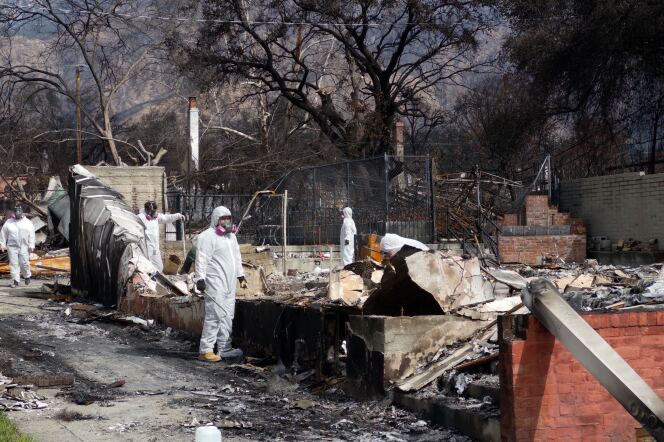
-
Listen Listen
Building Your Block
A newsletter course from LAist that explains the obstacles around housing development in L.A. and what you can do to make things better.
We know there’s a housing shortage in L.A., and it’s created major challenges for the region. But try to understand how to fix the problem and it gets murky, fast. We need more housing, but where can we actually build it? Why does it seem like all the new buildings going up are luxury apartments? Why isn’t there enough affordable housing? And most importantly: What can you actually do to support the housing you want to see in L.A.?
These are just some of the questions that Building Your Block will tackle in this seven-issue newsletter course.
Think of it as your starter guide to the conversations L.A. is having about housing development, plus we’ll bring you some real talk on what you can do to advocate for the housing future you want.
What can I expect?
Over seven issues, we’ll cover everything from how zoning rules determine what gets built and where, to why there’s so little affordable housing.
We’ll cap it all off with a long list of ideas you can put into action to influence housing decisions in your backyard, your city and beyond.
How often will you email me?
This newsletter has seven issues in total. Once you sign up, you’ll get one new issue a day until it’s done.
-
As of Tuesday, around 3,400 volunteers had signed up. That's less than half of the total number of volunteers LAHSA requested.
-
Government documents show Va Lecia Adams Kellum, who leads an agency that manages over $700 million in homeless services contracts each year, inked deals with the nonprofit where her husband is a senior staffer.
-
All of the proceeds from the sales, which were finalized before the fires, go into a new South Pasadena affordable housing fund.
-
One month after the fires, many renters still can’t move back to their homes because their landlords won’t say when, or if, they plan to clean up toxic ash.
-
The house was listed for $450,000. Its listing agent expects escrow to close early next week.
-
State Farm is asking the state Department of Insurance to immediately approve its request.



![A Black woman sits at a dais with a flag in the background. A name placard in front of her reads: Dr. Va Lecia Adams Kell[um].](https://scpr.brightspotcdn.com/dims4/default/24a2969/2147483647/strip/true/crop/6298x4192+0+0/resize/664x442!/quality/90/?url=http%3A%2F%2Fscpr-brightspot.s3.us-west-2.amazonaws.com%2F76%2F00%2Febed9a7a4fbd9e5ba12997e51d59%2Fgettyimages-1258669633.jpg)



